Our hair can give insight into our bodies. Research indicates that changes in the appearance, texture, or thickness of your hair can indicate underlying health. The hair loss may be caused due to any underlying medical condition, genes, tension, or a dietary deficiency. This article will reveal some of the hair secrets to make you aware more about the cause.
Is your hair falling out in bunches?
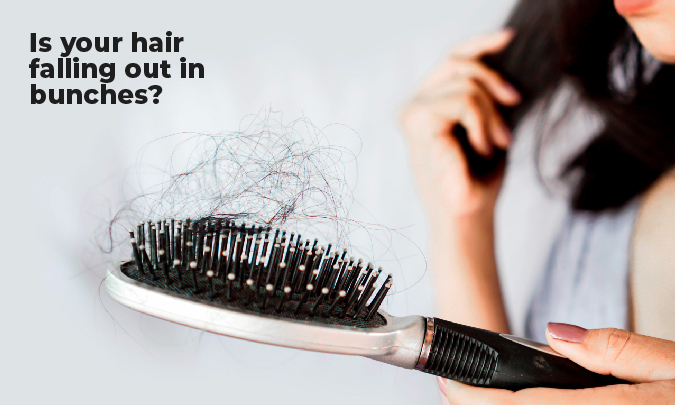
Although it's common for healthy hair to shed a few strands after washing, extreme shedding could signify a more serious issue. This might be a symptom of low iron reserves in the body (anemia) or thyroid disease, which would require examination. Eating more iron-rich foods or taking an iron supplement may help with hair loss.
Struggling with hair that remains dry and looks dull all the time

Healthy fats deficiency may be the answer to hair that stays dry all time. These are essential in your diet because they support healthy skin and a healthy scalp, which keeps your hair alive. If your hair is dull and lifeless, it could be a sign that you need more good fats to add shine and strength. Increase the intake of Omega-3 fatty acids and monounsaturated fats to boost your hair.
Cushing's syndrome can trigger brittle hair
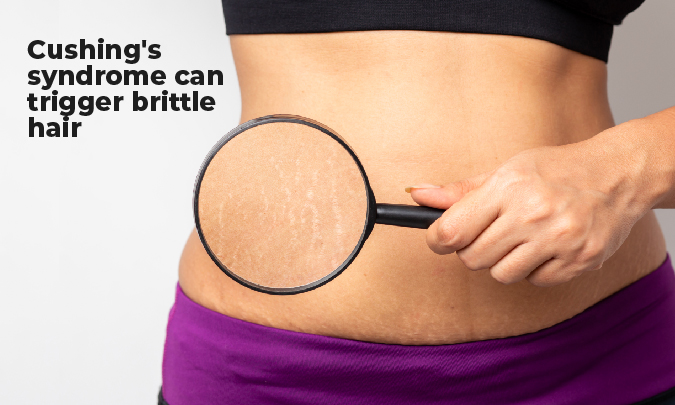
Brittle's hair is a symptom of Cushing syndrome, an unusual disorder exacerbated by the body's main stress hormone, cortisol. A super-brittle texture can be an indication that there is zinc and/or an iron deficiency. Zinc and iron are essential for the development of protein, keratin.
Is your hair greying early?
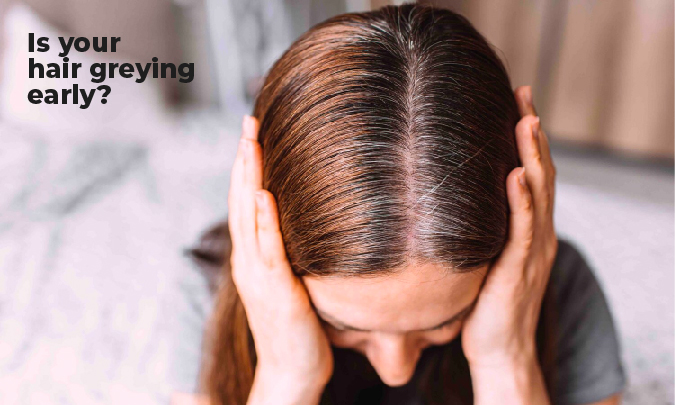
Genetics may play a role, but in a few unusual cases hair greying may signify a lack of copper at a young age. Persistent stress may lead to greying hair by damaging DNA and decreasing the supply of hair follicle pigmenting cells. Stress can also bring down your hair. Oxidative stress can also cause greying.
Is your hair on the thinner side?
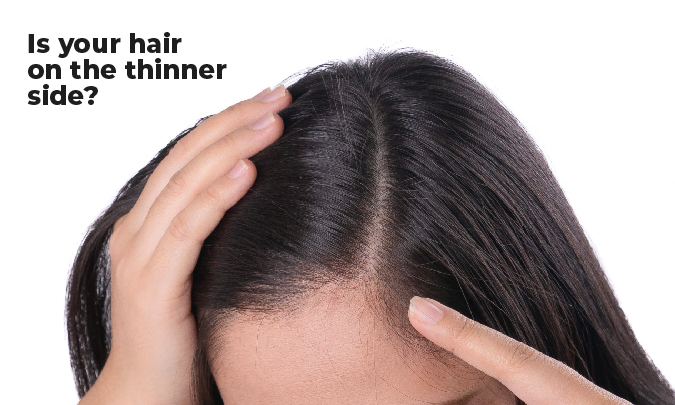
If your hair is thinning, it may be a sign that you aren't getting enough protein in your diet or could be a sign of Thyroid disease. People with hypothyroidism can experience excessive hair shedding and a difference in hair appearance. Certain thyroid abnormalities place you at risk for alopecia areata, an autoimmune hair loss disease. This form of hair loss is exacerbated by the immune system targeting the hair follicles, resulting in circular patches of abrupt hair loss.
White or yellow flakes indicate Dandruff
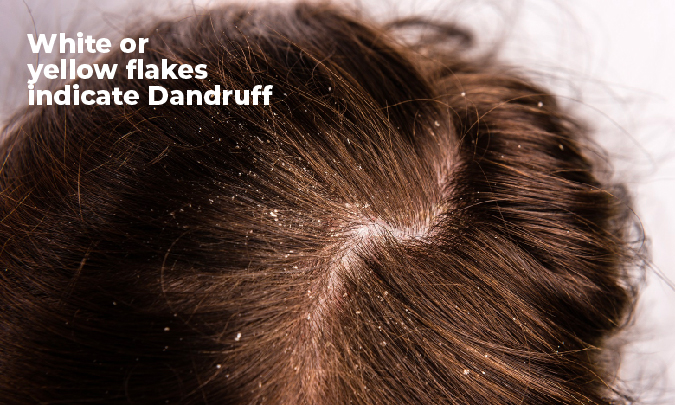
A disorder known as seborrheic dermatitis is one of the most frequent causes of dandruff. Seborrheic dermatitis is characterized by red, greasy skin that is coated with flaky white or yellow scales. Malassezia, a yeast-like infection, may also irritate the scalp. Dandruff may be caused by a lack of shampooing, allergy to hair products, and dry skin.
Conclusion
Always use hair products created by a trichologist or dermatologist, since they are the experts in the field. They know the magic ingredient that stimulates hair growth and aware of your hair problems.



Leave a comment